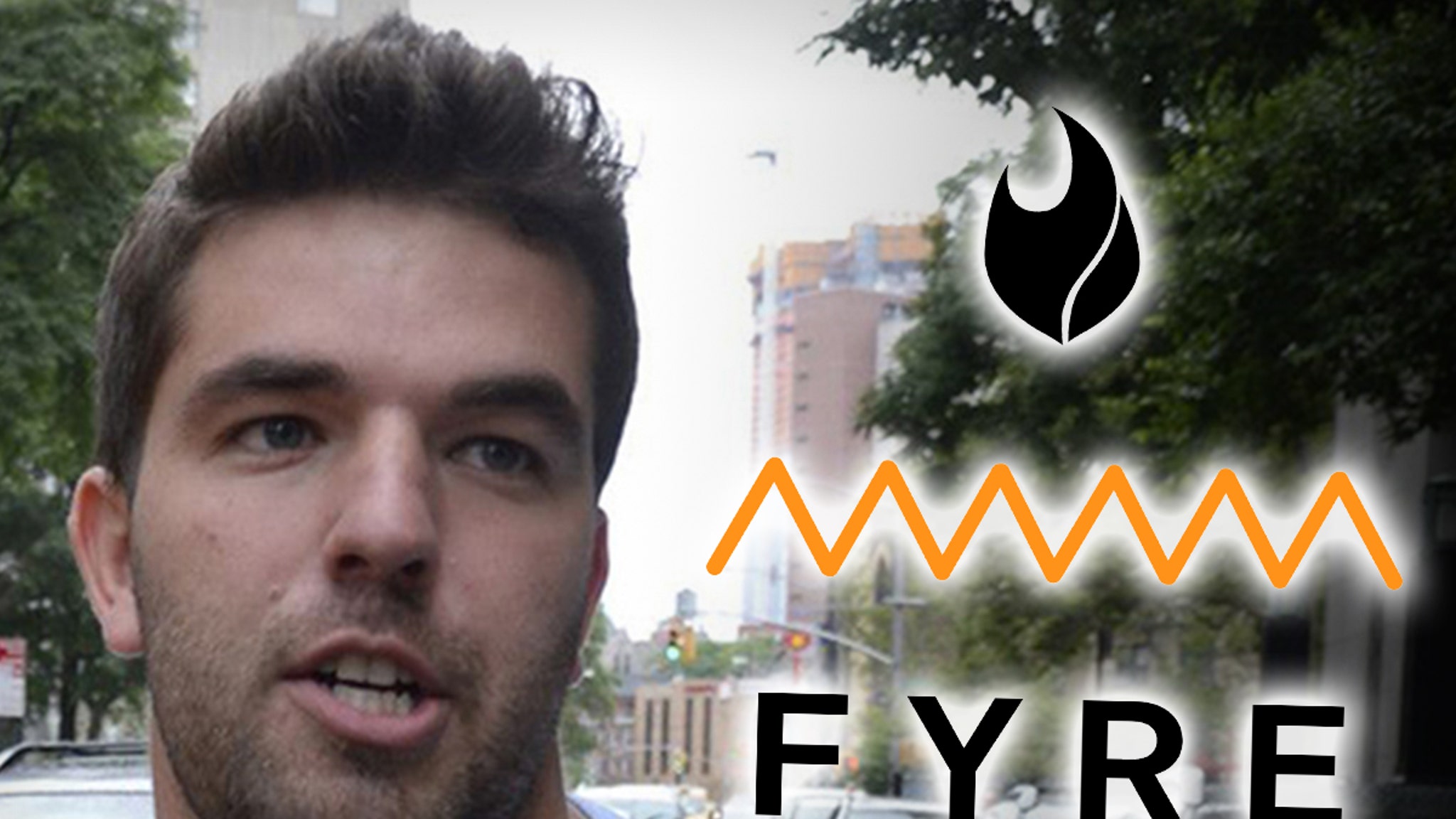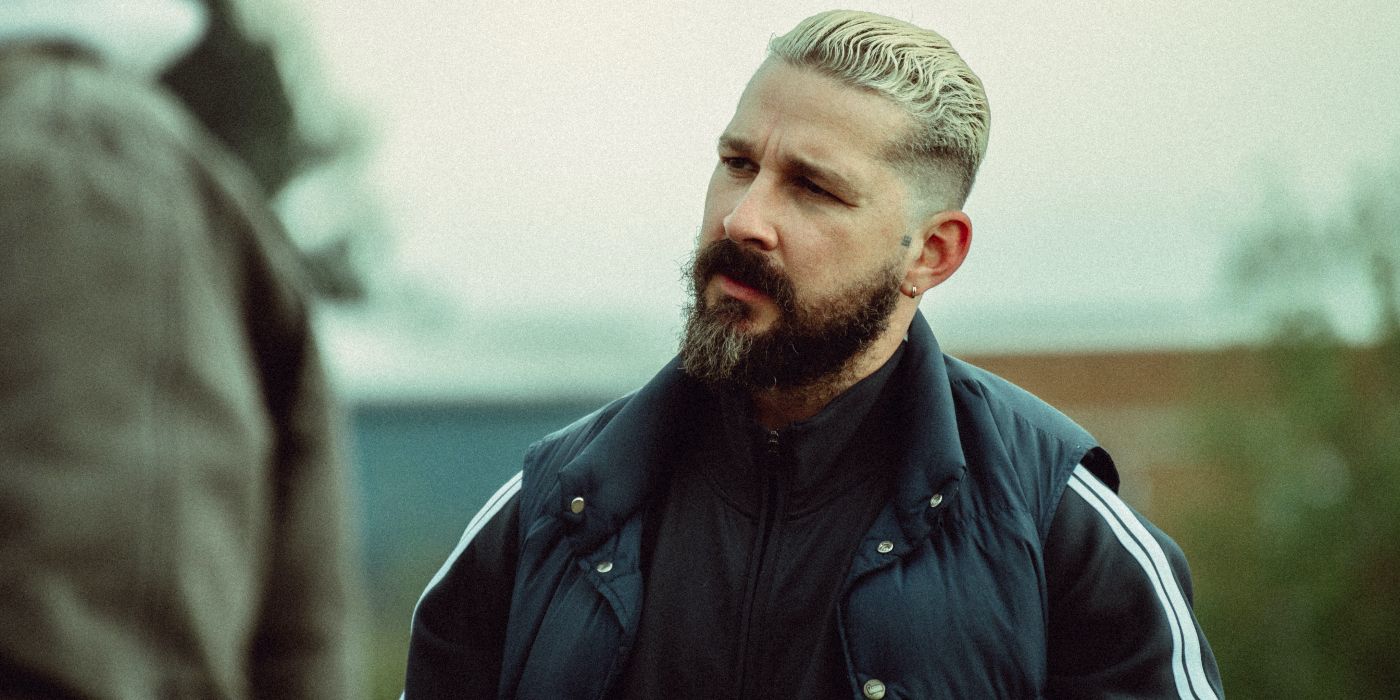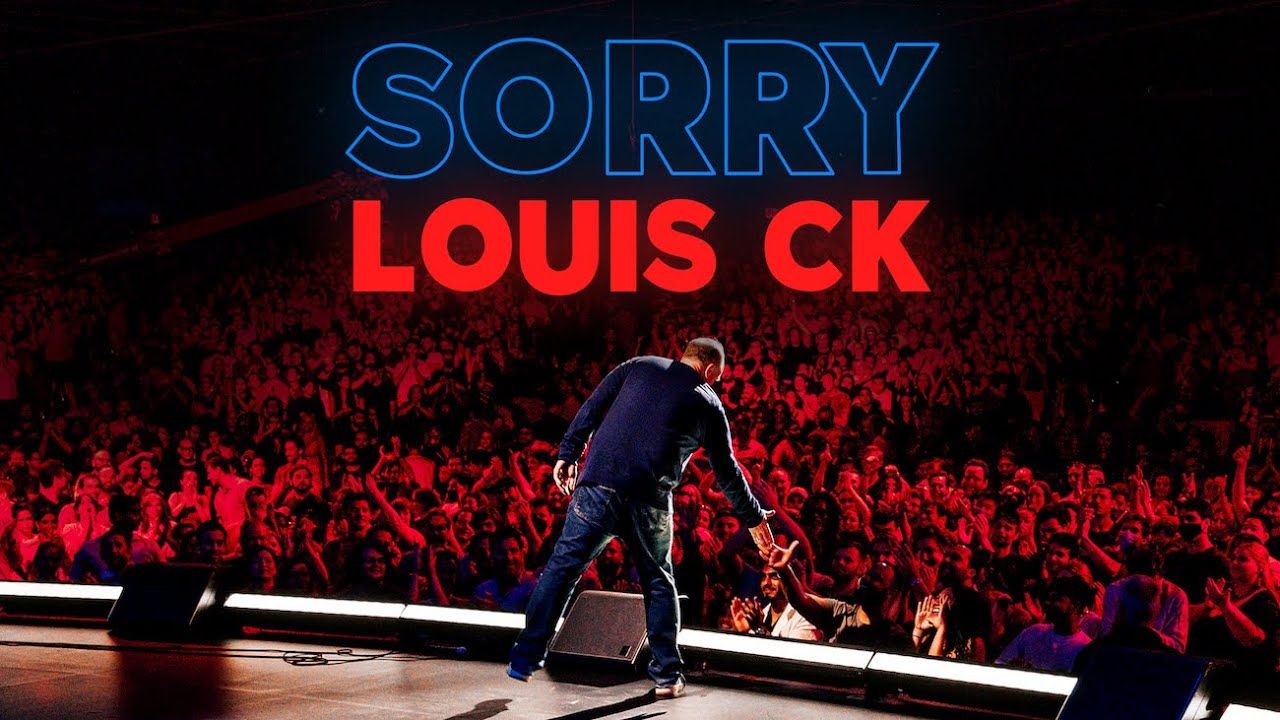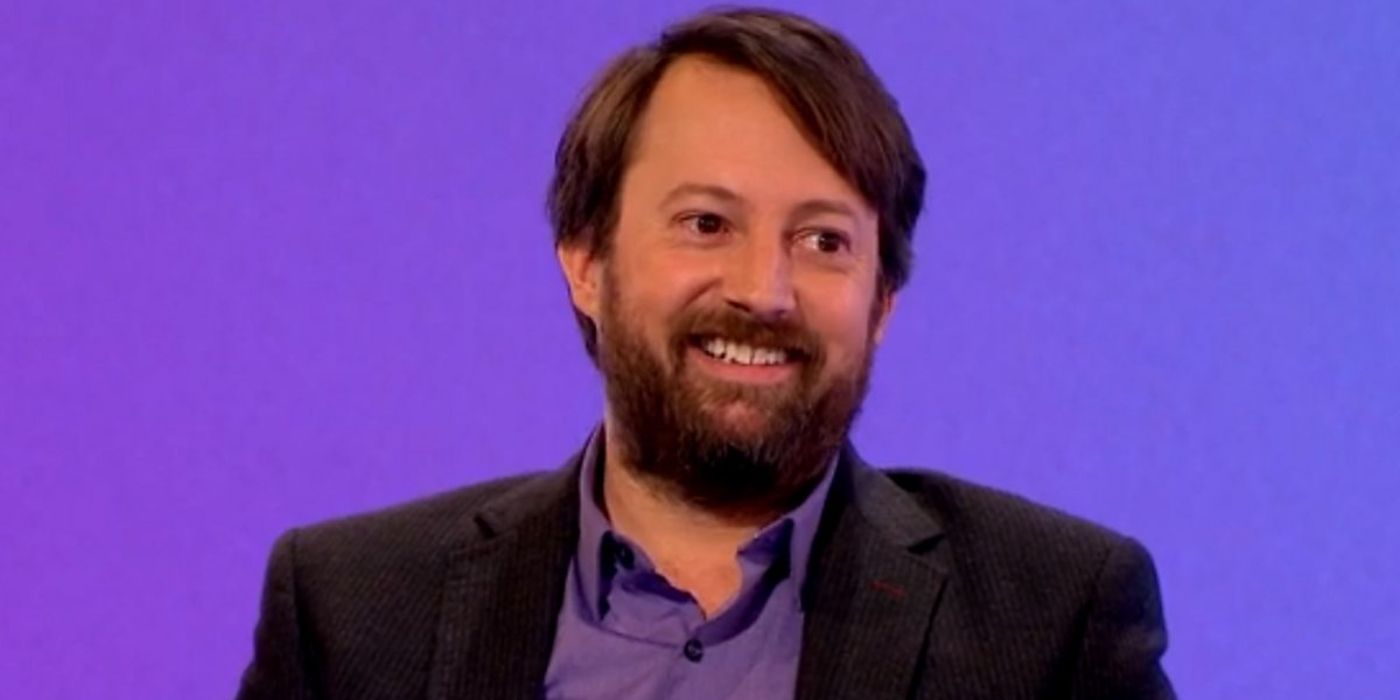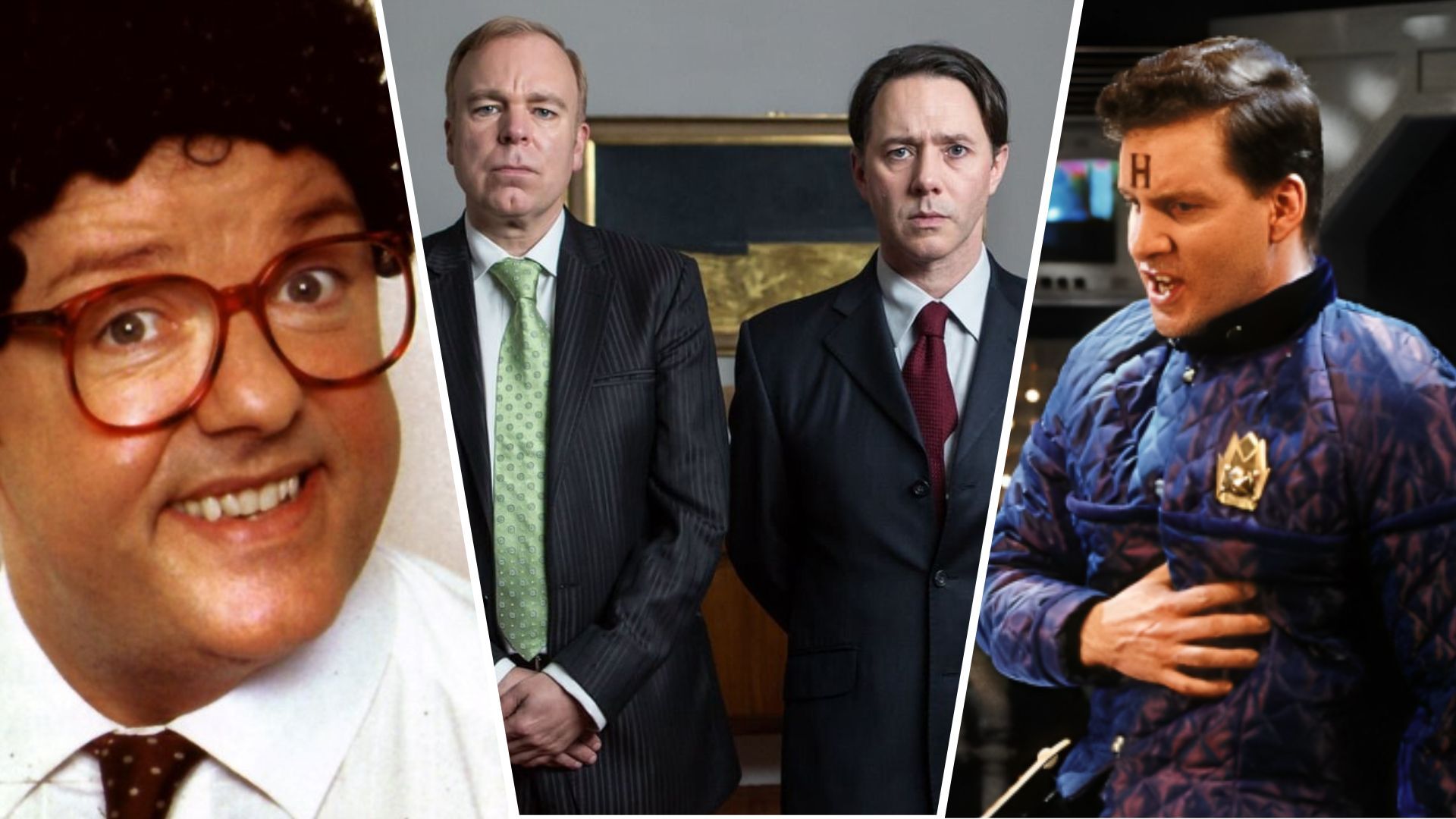The recent and righteous reckoning of men accused of sexual misconduct has caused culture to consider how to handle great artists who’ve done terrible things. Some say it’s possible to divorce artists from their art and still be able to appreciate the work itself, like Kate Maltby, who writes, “No one is continuing to be abused if you download ‘Thriller’ on iTunes.” Others believe in a stricter assessment of art throughout the centuries, like Hannah Gadsby, who’s said, “Just because it’s been around for centuries, doesn’t mean it’s cool to be a creepy old man. Stop watching women sleeping; stop watching women having baths. Go away.”
MOVIEWEB VIDEO OF THE DAY
Louis C.K. is an interesting example of this, specifically since he’s continued producing material to a devoted audience even after news of his sexual harassment broke. His Grammy, Emmy, and Peabody Award-winning work has fundamentally changed the way people think about and perform comedy, and he created one of the most unique series of the past decade, but he was a powerful man who exposed and touched himself in front of up-and-coming women in his field. He began performing again after a brief hiatus, barely mentioning his past misconduct beyond the fact that it cost him a lot of money. His special Sincerely Louis C.K. is currently nominated for a Grammy, and his new special (and merchandise) has just been released, prompting some to ask if ‘cancel culture’ actually exists.
Pig Newton
This new stand-up special Sorry continues the comic’s constant stirring of the pot; even his promotional advertisement during Saturday Night Live sent Twitter into an angry tizzy. The backlash has continued, with social media’s outrage machine shifting from Dave Chappelle to Louis C.K. fairly quickly. Whether or not someone refuses to watch his special out of principle or supports canceling Louis C.K., it must be said that one cannot accurately assess or criticize Sorry itself without seeing it.
Related: Louis C.K. Returns to Stand-Up Next Week with a Nationwide Tour
Courting Controversy
Louis’ legendary and adored comedy specials from 2007 to 2015 existed in a decidedly different social space. Even though recent stand-up comedy has reflected culture’s evolving sensitivities, Sorry unapologetically retains his old hyper-profane and sexual routine, and never once mentions his scandal. The giant, neon-lit “SORRY” sign perpetually behind C.K. is unabashedly ironic and almost mean-spirited, as the comic seems to go out of his way to upset the politically correct just as much as ever.
His set is certainly topical (in the most controversial of ways) and it almost seems as if the comedian is locating whatever will offend the most at this particular moment, which seems to be an impulse within most comics. His targets include defunding the police, the coronavirus, protestors, the LGBTQ+ experience, and pedophilia, one of C.K.’s consistently favorite subjects. He jokes about 9/11 being a hoax, does an extended bit about children panties, and does an impression of a black woman (after stating, “I’m not gonna do the black woman [voice],”).
Related: Louis C.K. Comments on Misconduct Scandal in Latest Stand-Up Set
Pig Newton
One particular joke is so tasteless and ignorant that it hurts. C.K. discusses how he believes that nobody seems to mind when overweight individuals are judged by society, while transgender people get, through his harsh eyes, special treatment like bathrooms. “You know how many people are fat?” he asks. “About a billion trillion. You know how many trans people there are? Like 38.” This awful comparison is indicative of the comic’s tendency to confuse being hurtful with being provocative.
If all this sounds like the setlist of a misanthropic member of the alt-right, it’s because it just nearly is. His last specials have been accused of pandering to the alt-right, what with his criticism of the victims of the Parkland shooting, his rants against gender pronouns, and his bitterness toward the ‘woke generation.’ However, Sorry does something slightly different and actually thought-provoking rather than intentionally shocking, and has some truly hilarious moments.
Related: Louis C.K. Has a New Stand-Up Special and of Course People Are Outraged
It’s Subtle But It’s There
Though the material is profane and occasionally vicious, C.K. surprises viewers by adopting interesting perspectives with a kind of dark logic to them. He subverts the expectations of his more conservative or radical fans when he delivers a lengthy piece supporting gender fluidity and the non-binary deconstruction of “the rigidity of identities,” a monologue that may actually change some hearts and minds on the subject.
While he jokes about pedophilia extensively, he manages to point out the problems when society refuses to talk about something; his fear that he might get arrested by merely using a search engine to discover how many children are abused is telling and provocative. His joke about creating childlike blow-up dolls for pedophiles seems crass, but he addresses the twisted rationality of it by asking why creating an inflatable doll seems horrific compared to the alternative of human children being victimized.
Whether this is enough to redeem his material is up to the viewer. C.K. has excelled at providing dark thought experiments and harsh but hilarious social commentary throughout his career, and some of that is certainly present in Sorry. It’s clear that nothing is off limits here, and the question of whether some things should be has haunted comedy for ages. Regardless of one’s opinion of political correctness, censorship, and ‘cancel culture,’ the world is clearly entering a moment of backlash from comedians, politicians, and the voting populace. Louis C.K. could be grouped in with the aforementioned Chappelle, Bill Burr, John Cleese, Ricky Gervais, and others who are especially concerned that by making certain subjects off-limit society is censoring free speech.
Related: Louis C.K. Banned by Denver Comedy Club Following Intense Backlash
Pig Newton
Sorry, Not Sorry
The special can be very funny in between its aggressive opposition to political correctness, though it is somewhat top-heavy, with most of the best material occurring in the opening half-hour. His timing and delivery are impeccable even when the jokes slog or become monotonous, and his mastery of the craft is clear from the start. He directs and produces practically all of his material now, and his complete control of the special allows the editing and direction to synchronize with the stand-up in smooth and effective ways.
It would be easy to suggest taking Sorry on its own terms and evaluating it based on its comedy, but society is in a moment wherein the appreciation of a comedy special is contingent upon a person’s politics, ethics, level of outrage, and Twitter feed. Ultimately, whether people even consider watching this special is determined by their relationship to political correctness and evolving social norms. If one does end up watching it, though, they’re almost sure to laugh, at least when they’re not cringing.
Dave Chappelle to Tour The Closer If the Controversial Special Gets Pulled from Netflix
Read Next
About The Author
Matthew Mahler
(20 Articles Published)
Writer for Movieweb.com since 2021. Lover of film, philosophy, and theology. Amateur human.
You can view the original article HERE.










